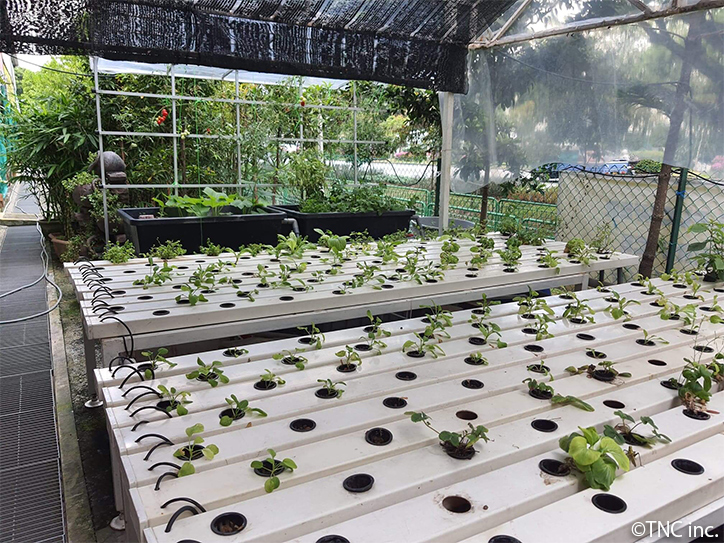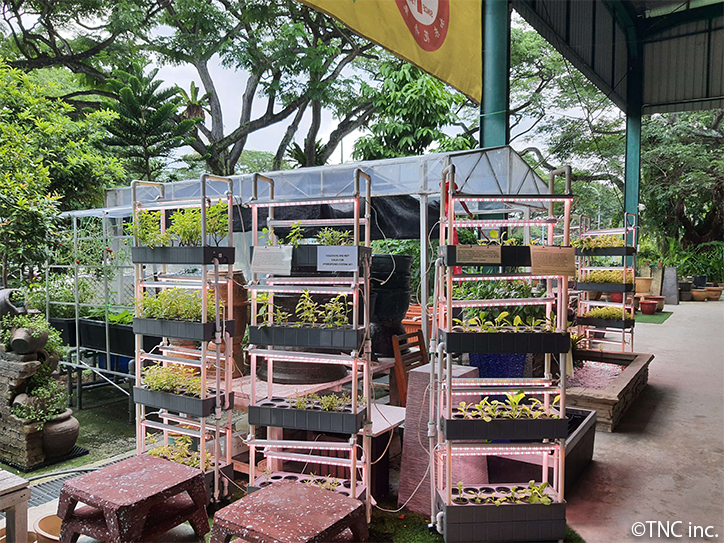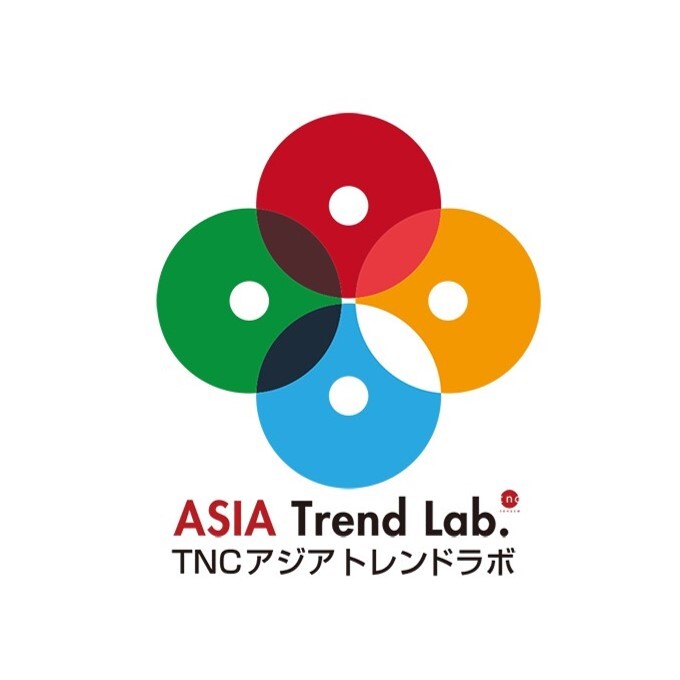[Singapore] High-tech agribusiness aims to improve food self-sufficiency, a national challenge!
- Release date: Aug 09, 2022
- 2881 Views

High-tech companies appear to improve food self-sufficiency and disseminate information to raise consumer awareness.
Sky Greens, which operates Singapore's first organic and zero-carbon vertical farm, has developed and patented the world's first low-carbon hydraulic commercial farming system (a system that creates the optimal growing environment for plants by breaking down light intensity and light for each wavelength and using AI to determine and adjust the distribution map showing the intensity of each wavelength) at an indoor farm. The system creates the optimal growing environment by using AI to determine and adjust the distribution map showing the intensity of light for each wavelength, etc.) and obtained a patent.VertiVegies, the largest indoor agricultural facility in Singapore, and agricultural technology solutions, sells chemical-free and pollution-free cultivation methods that do not use any chemicals or pesticides through hydroponic cultivation in a chemical-free facility. The company uses AI-based simulations to achieve efficient production, waste reduction, and climate resilience, and grows in clean rooms with special filters and ultraviolet light to increase food safety and nutritional value. Both Sky Greens and VertiVegies are active in disseminating and sharing environmental information, as well as in consumer education such as factory and farm tours. In addition to these high-tech companies, hydroponic cultivation of vegetables is also seen in flower shops, and it is likely that awareness of the need for direct production will accelerate in the future.
"30 by 30" national goal to raise food self-sufficiency ratio from less than 10% to 30% by 2030
Singapore's relatively small land area means that the country relies heavily on imports for much of its food. To motivate people to produce their own food and strengthen the security of Singapore's food supply, the slogan "30 by 30" was raised in 2019, with the goal of meeting 30 percent of its nutritional needs (nutritional needs) through domestic production by 2030. With the Corona Disaster still fresh in our minds as fresh food, especially imported food from Malaysia, disappeared from supermarkets across the board, high-tech technology could be a possible savior.
Translated with AI Translator
-

Author profile
TNC ASIA Trend Lab
TNC ASIA Trend Lab is an information organization run by TNC Inc. that researches and shares trends in Asia. It supports corporate marketing activities by finding insights from trends rooted in the lifestyles and habits of local consumers.
http://tnc-trend.jp/ -

Editor profile
Intage Inc.
***
 Global Market Surfer
Global Market Surfer CLP
CLP